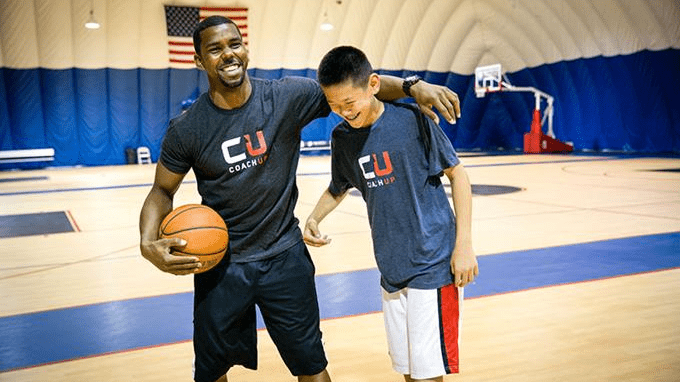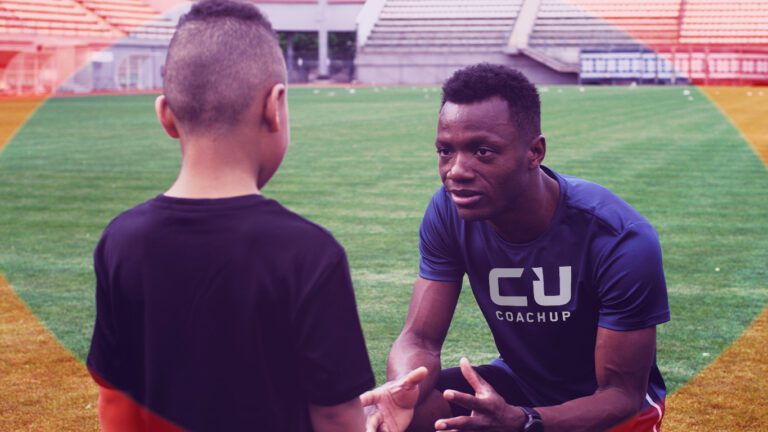Being a coach is about more than just teaching your athletes how to win games. It’s also about guiding them through life’s challenges and helping them become better individuals. Troubled athletes are a part of every coach’s journey, and how you handle their off-field troubles can make a lasting impact on their lives. Taking advantage of the opportunity to mould your athletes into great human beings starts with understanding yourself as a coach. Your philosophy and the way you show up for your players are key to fulfilling your role as a coach. With that said, let’s dig into a couple of realities and strategies to consider when facing a troubled athlete.
Punishment vs Support
Your first instinct when an athlete gets into trouble may be to punish them. While accountability is essential, it’s equally important to provide them with support. Remember, these athletes are not just your players, they are individuals with complex lives outside of sports.
Punishment alone may not address the root causes of their behavior. Instead, take the time to understand their situation. Listen to their side of the story and show empathy. A troubled athlete who feels supported is more likely to learn from their mistakes and grow as a person.
The Bounds of a Player and Coach Relationship
It’s crucial to maintain clear boundaries in your player-coach relationships. While you should offer support, you should also respect their privacy and confidentiality. Encourage open communication, but don’t pry into their personal lives without consent. Make sure your support is always within the bounds of your role as a coach. You’ll need to have a clear line of communication established before you can get too involved, but understanding the person you are dealing with will best help you to effectively maneuver each situation you encounter.
The Responsibility of a Coach
Coaches have the responsibility of helping athletes become well-rounded individuals. You are a mentor, a role model, and sometimes even a parental figure for your athletes. Use this influence positively.
Teach your players life skills, such as decision-making, conflict resolution, and time management. Encourage them to set goals not only in sports but in their personal lives as well. Emphasize the importance of character and integrity, and always practice what you preach. Lead by example and show your players what it means to be responsible, respectful, and compassionate. Your actions and words alike can inspire them to be better humans off the field.
How can a coach help best help their players navigate off-field trouble
Navigating off-field trouble with your athletes is a challenging but unavoidable aspect of coaching. By implementing the philosophies and strategies listed above, you can help your players grow through their mistakes. As a coach, you have the unique responsibility of helping shape not only their athletic skills, but their character as well. Use your influence to make a positive impression on each athlete you encounter, and the relationships you form can last a lifetime.

With our 100% money-back guarantee and vetted coaches, anyone can achieve their full athletic potential. CoachUp is the safest and easiest way to find a coach for personalized training. Find your perfect coach today and become the athlete you want to be!
How useful was this post?
Click on a star to rate it!
Average rating 4.8 / 5. Vote count: 5
No votes so far! Be the first to rate this post.




One Response
I’m in my 50+ year of coaching. This segment was so true to what it means to be a coach.
I’ve learned over the years that a coach only coaches during the contest. All other times you’re TEACHER and most of all a MENTOR.
So many parts of this article I’ve experienced along the way.
Those are the lessons that stick.
And the mistakes you’ve made are the ones that you never forget.
I call that “ learning the hard way”.
This is fantastic stuff.
Keep up the great work